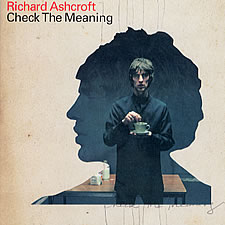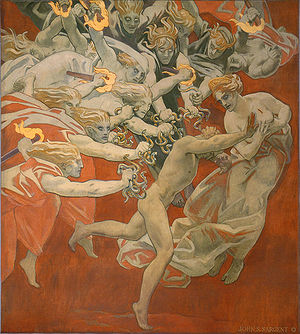
Image via Wikipedia
Self-Care Tip #256 – Think about the good and the not so good on scheduled memory-maker days like today.
Questions: What do you think scheduled intimacy has to offer you? How do you manage to allow the not so good to come together with the good in your life? Please tell me your story.
Just like any scheduled memory-maker, Mother’s Day brings the good and not so good. And for most of us, we have some of both, even if just a little.
Yesterday, in the company of my three healthy children, I couldn’t help but notice the lady I sat beside was sniffling. “Should I say something? Should I not say something?”
…Almost six years ago, my nine year-old niece suddenly died. One week later I delivered my second child.
I don’t remember most of my daughter’s first year of life except a couple random things. My sister-in-law, sitting alone on a rock just staring. I remember her clothes, the weather during that moment, the texture of the rock, but I don’t remember nursing my baby. I think this was still in the first month when I saw my sister-in-law on the rock.
We buried my niece’s ashes under a Jacaranda tree and it took forever for that tree to bloom. I watched its skeleton month after month thinking, “This is terrible! It needs to bloom!” Isn’t that ridiculous? And I remember my brother, red-eyed. The lines on his face cut in deep. He said,
I’m so glad you’re having this baby Sana. It’s just what we need. You remind us, this baby is reminding us that we are still alive.
The good and the not so good.
Of course I sensed what my brother was saying, but I still had a moment of hypervigilance when my body seemed to say, “What?!”
There was a lot of insecurity and emotional confusion that year but I don’t remember much more. I believe my daughter breast-fed, learned to sleep through the night, transitioned to solid foods and took her first steps. But I don’t remember.

Image via Wikipedia
Yesterday, I turned to the lady and asked,
Are you sad? Is there something you are sad about?
More water-works.
I used to have a son. I had a son. He died.
The good and the not so good.
Right on schedule. Mother’s Day came. We knew it was going to happen. And yet our bodies crack open, poorly defended. Little our calendars did for our emotional preparation.
The lady grabbed my hands in further intimacy than I anticipated. She told me her name but I wasn’t listening. I was thinking about my niece, her sometimes blooming tree, my children around me; so much. I was thinking about the good and the not so good on scheduled memory-maker days like today.
There is a coming together of our parceled selves that have been scattered to the east and to the west by the winds. There is a coming together that this Mothers-Day, Christmas, Valentine’s or my nieces birthday, have on us and the process itself is bruising. It is an opportunity to gather what we will or won’t. It is an opportunity to be present with our changing selves. In the tears, in my daughter’s crooked rainbow pictures and backwards letters,
bear mommy, i love yu….
In the grip of a stranger’s hands, in the company of our own Mom’s, wherever we find ourselves on these blue-lettered calendar days is where we have this

Image via Wikipedia
opportunity to do some of the sometimes hard work to grow presence. Without it, we will continue to change. That can’t be stopped. But with it, with our choice-making, with accepting the gift of our folding up of the space between our past and our present, if we hadn’t cried again for our loss, if we hadn’t we might not have remembered what has made us and who we are. Changed. Covered by Love. Connected. Doing what a friend would do for Me.
Tonight my daughter sits on my lap. We are watching a blue-ray recording of Les Miserables (musical) Twenty-Fifth Anniversary touring production at the London’s Barbican Centre. I am listening to an excellent tale of the good and the not so good in life.
To God, our Mother, today was scheduled and I thank you.
Like this:
Like Loading...


 Poem:
Poem:

















